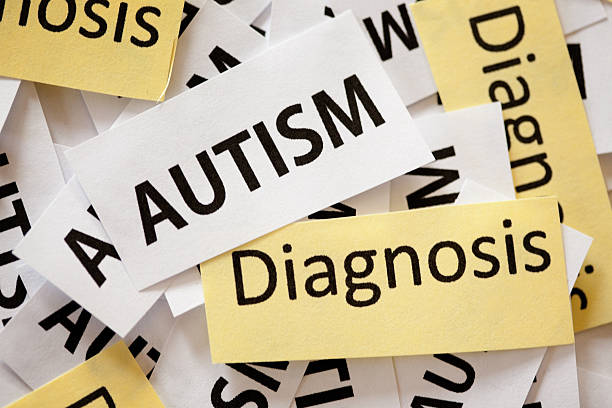While many might have the prospective hope that their initial application for Social Security disability benefits will be enough, that’s sadly not the case. The most recent data from February 2024, shows that only 13% of initial applications get approved at the first appeal stage. Fortunately, this rate increases to 30% if the initial application is rejected and then approved, so it’s vital not to give up hope.
Due to the nature of medical treatments and care surrounding physical health disorders, these types of applications are more likely to get approved as well. If you’ve been denied benefits for your mental health disorder, you’re not alone.
Common Reasons for Denial of Mental Illness Claims
Applications for mental disorders are usually denied due to a lack of evidence surrounding the condition.
- Inadequate Treatment Notes: Often, claims are denied due to the lack of detailed treatment records. This includes sparse notes from mental health providers that don’t adequately capture the severity or the impact of the mental illness.
- Noncompliance with Prescribed Treatment or Medication: If medical records indicate that you haven’t followed the treatment plan or haven’t taken prescribed medications consistently, this can lead to a denial. The SSA assesses how well the condition is managed with treatment.
- Insufficient Duration: For a mental health condition to qualify for disability, it must be expected to last at least 12 months. If your condition is perceived as short-term or there’s insufficient evidence to predict its duration, your claim might be denied.
- Episodic Nature of Some Conditions: Certain mental health conditions, like bipolar disorder, have cyclical patterns, showing periods of improvement and deterioration. This episodic nature can make it difficult to prove consistent impairment, which is a key criterion for disability benefits.
Mental Health Conditions That Qualify For Disability
Many mental health conditions can qualify for disability, including:
- Depression
- Anxiety Disorders
- Bipolar Disorder
- Schizophrenia
- PTSD
- OCD
- Autism Spectrum Disorders
- Intellectual Disorders
- Personality Disorders
- Eating Disorders
It’s essential to provide detailed medical evidence, including treatment records, medication compliance, and how the mental health condition impacts your ability to perform substantial gainful activity (SGA).
What You Can Do When You’ve Been Denied Disability Benefits
If your claim for a mental health condition is denied, it’s important to know the steps you can take to appeal the decision. Here’s a guide to help you through the process:
Physical Steps for an Appeal:
- Stay Informed: Keep track of any changes in SSA policies or criteria for mental health conditions.
- Request for Reconsideration: This is the first step where you ask the Social Security Administration (SSA) to review your case again.
- Gather Additional Medical Evidence: Collect any new medical reports or information not included in your original application.
- Submit the Appeal: File your appeal online or through your local SSA office within 60 days of receiving your denial notice.
Mental Health Steps to Take:
- Consult Your Healthcare Provider: Discuss your denial with your mental health provider and ask for additional documentation or a more detailed treatment plan.
- Stay Compliant with Treatment: Ensure you’re following your prescribed treatment plan as noncompliance can affect your appeal.
- Keep A Symptom Diary: Document your daily mental health symptoms and how they affect your ability to work.
- Seek Additional Support: Mental health conditions can be challenging. Having a support system in place is important during this stressful time.
Seeking Legal Support for Your Claim:
- Get a Disability Lawyer: An experienced disability lawyer can provide significant support. They can help you understand the appeal process, prepare your case, and represent you in hearings.
- Prepare for a Hearing: If your appeal goes to a hearing, your lawyer can help prepare you for questions from the administrative law judge and argue your case.
If you’re unable to work due to a mental health disorder, then you must know the application process can be quite taxing. To have your disability claim denied after months of tedious phone calls and waiting is nothing short of devastating.
If you qualify for benefits, then you need an experienced disability attorney to help you with your disability application.
Get In Touch With The Law Office Of Gerard Lynch
For over 30 years, our team at the Law Office Of Gerard Lynch has been assisting Houston residents with their disability claims. We provide personalized guidance in gathering medical records, and testimonials, completing first-time applications to apply for benefits, and representing cases in appeals when SSDI claims are denied.

If you’re filing your first application for a disabling condition or need assistance with an appeal, please contact our Social Security disability lawyers for a free case evaluation now.



